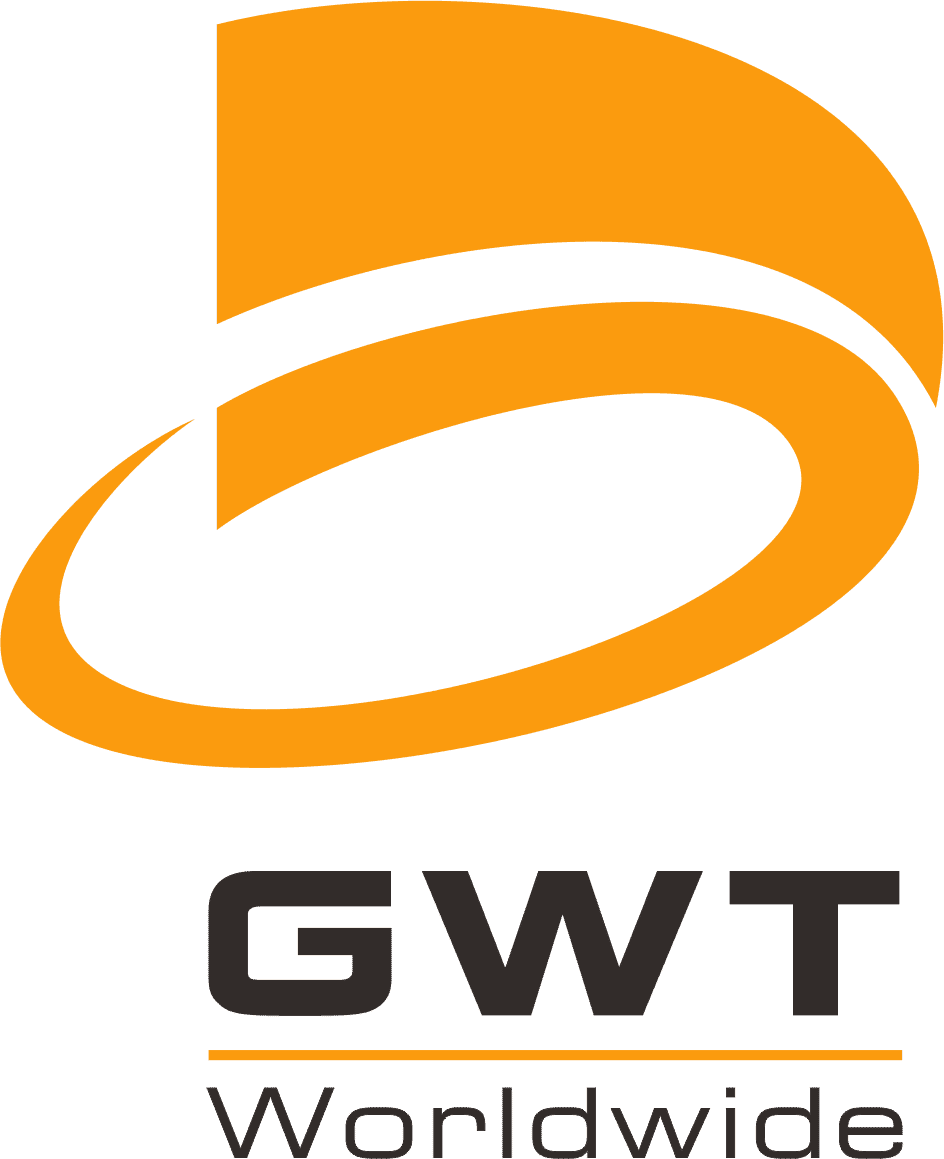Understanding Ex Works in International Trade
Ex Works (EXW) stands as one of the most fundamental terms in the world of international trade. Ex Works refers to one of the Incoterms defined by the International Chamber of Commerce (ICC) which establishes the shared duties and costs between sellers and buyers during an international trade deal. The International Commercial Terms or Incoterms launched in 1936 proceeded to receive various updates culminating in the current version released in 2020. These Incoterms including EXW establish uniform trading standards applicable to global commercial parties. The maximum duty in international trading falls on buyers under EXW thus making this rule essential for all companies operating within global supply chains.
What Ex Works Actually Means

The terms of Ex Works indicate that sellers finish their duties after presenting goods through their appropriate facilities such as warehouses or offices or factories. After making goods ready for delivery at their premises the buyer assumes full financial and endangerment responsibility for transportation and insurance and customs duties related expenses. The EXW term in a sale from a German manufacturer obliges the Brazilian buyer to cover all costs of picking up products at the German facility through delivery to their end location. The basic nature of EXW benefits the seller while making operations more complex for buyers.
The Role of Incoterms in Defining EXW

Incoterms provide standardized guidelines which protect against misinterpretations when international contractual expectations are defined. The Incoterm EXW stands unique out of 11 Incoterms in the 2020 edition because it requires minimal obligations from the seller. The commercial term EXW contrasts with CIF and DAP since it gives the buyer is responsible for full control over transactional responsibilities and responsibilities. The system provides clear understanding through which companies create common agreements about tasks and responsibilities resulting in fewer negotiations about allocation of expenses and delivery arrangements.
Seller’s Responsibilities Under Ex Works

The seller has clear obligations under EXW but these obligations remain confined to basic tasks. They need to prepare the goods for collection at the designated point of time while providing appropriate packaging suitable for pickup (except when explicit export packaging is required). The seller completes the transaction by providing needed documents to the buyer such as invoicing, export documentation, and packlists. After making the goods available for collection the seller must provide necessary documentation but is responsible only for preparation and not for vehicle loading services nor export formalities assistance.
Buyer’s Responsibilities Under Ex Works
Renegotiating conditions under EXW requires the buyer to fulfill many duties. The buyer needs to select suitable transport methods from the seller’s premises and pay all expenses related to this process. Online Nodal Officers of the exporter must process custom import clearances at the border along with payment of taxes and duties costs. Buyers become entirely responsible for all risks and damages that occur after their goods receive availability from the seller, along with all costs involved . Buyers who lack understanding of a seller’s operational areas would find EXW’s significant responsibilities unfavorable for their procurement process.
Advantages of Using Ex Works for Sellers
For sellers, EXW offers significant benefits. The shipping process requires minimal involvement from sellers because of which costs and administrative responsibilities decrease. A small manufacturing company operating under this term can concentrate on manufacturing activities without dealing with shipping costs, delivery rates or export documentation. EXW gives sellers flexibility because they can serve clients who want to manage their own shipping activities which may expand their business prospects. EXW delivers targeted advantages to companies who lack enough resources for handling their international shipment needs transportation costs.
Challenges Buyers Face with Ex Works
The Ex Works type of contract poses multiple challenges to buyers who secure this trade agreement. When operating from a foreign location the process becomes challenging for companies which lack established contacts along with knowledge regarding the seller’s region, including import documentation export process. Although export restrictions and customs delays along with unexpected transport costs will enhance overall expenses for the buyer. Buyers who use EXW to buy Chinese products destined for the United States could face problems with Chinese export rules which make the transaction longer and more difficult to execute. Inexperience in importing makes the EXW contract unappealing due to its features.
When to Use Ex Works in Transactions

EXW provides the best solution for particular transaction situations. The use of the Ex Works term usually occurs within domestic transactions since it allows buyers to retrieve goods locally without border complications. Trade under EXW proves beneficial to sellers with buyers who have substantial business activities in their territory or who want to handle the complete process of shipping to the destination country domestic market. Buyers who choose sellers to handle export responsibilities or need complete coordination of premium goods should consider different Incoterms.
Ex Works vs. Other Incoterms
EXW stands apart when looking at other Incoterms from a comparison perspective. Using FOB (Free on Board), sellers must carry out vessel loading duties yet EXW provides no such requirement regarding transport responsibilities export licenses. As an Incoterm, DDP obligates sellers to pay all transportation expenses through the destination of the buyer whereas EXW reverses this arrangement completely. Sellers have diverse options under Incoterms because EXW represents their minimal responsibility whereas other terms carry higher seller commitments.
Real-World Examples of Ex Works
A seller in Italy produces furniture tables for a Canadian retailer according to an EXW terms agreement. The Italian seller constructs the tables inside their workshop before the Canadian buyer arranges their truck to both import materials from Italy into Canada. The Japanese technology firm opts for EXW delivery of components to an American assembly company which requires the buyer to manage shipping and customs handling. This definition demonstrates that EXW reduces the seller’s work requirements by requiring the buyer to undertake active organization in advance.
Common Misconceptions About Ex Works
Misunderstandings about EXW often arise. Individuals commonly hold the belief that sellers need to load goods onto purchasing transports yet this aspect needs explicit written acknowledgment between the parties. Several parties mistake export clearance as a part of EXW yet the buyer retains this obligation, including customs clearance . The presence of such misunderstandings may trigger disagreements and causing delays which necessitates proper contract stipulations. The successful execution of EXW transactions depends on total understanding between buyers and sellers about the delivery conditions.
Tips for Navigating Ex Works Successfully
Successful implementation of EXW demands proper communication and preparation as essential elements. Shippers need to find trustworthy logistics service providers in the supplier’s country as they need to determine export procedures and requirements before commencement. Buyers must receive specific pickup directions together with goods that match the agreed delivery schedule. Additional terms regarding loading assistance as well as packaging standards which are defined in contracts benefit both parties when included. EXW functions to simplify international trade when parties establish proper agreements.
Conclusion
EX Works continues to play an essential role in international trade because it clearly divides responsibilities between sellers and buyers in ways that benefit the seller but poses challenges to the buyer. This trade term remains easy for sellers while requiring significant logistical effort from buyers so it works best for parties who have different capabilities. Understanding the principles of EXW terms becomes essential for companies who need to make confident commercial decisions that manage expenses alongside control elements and different risk levels final destination.




